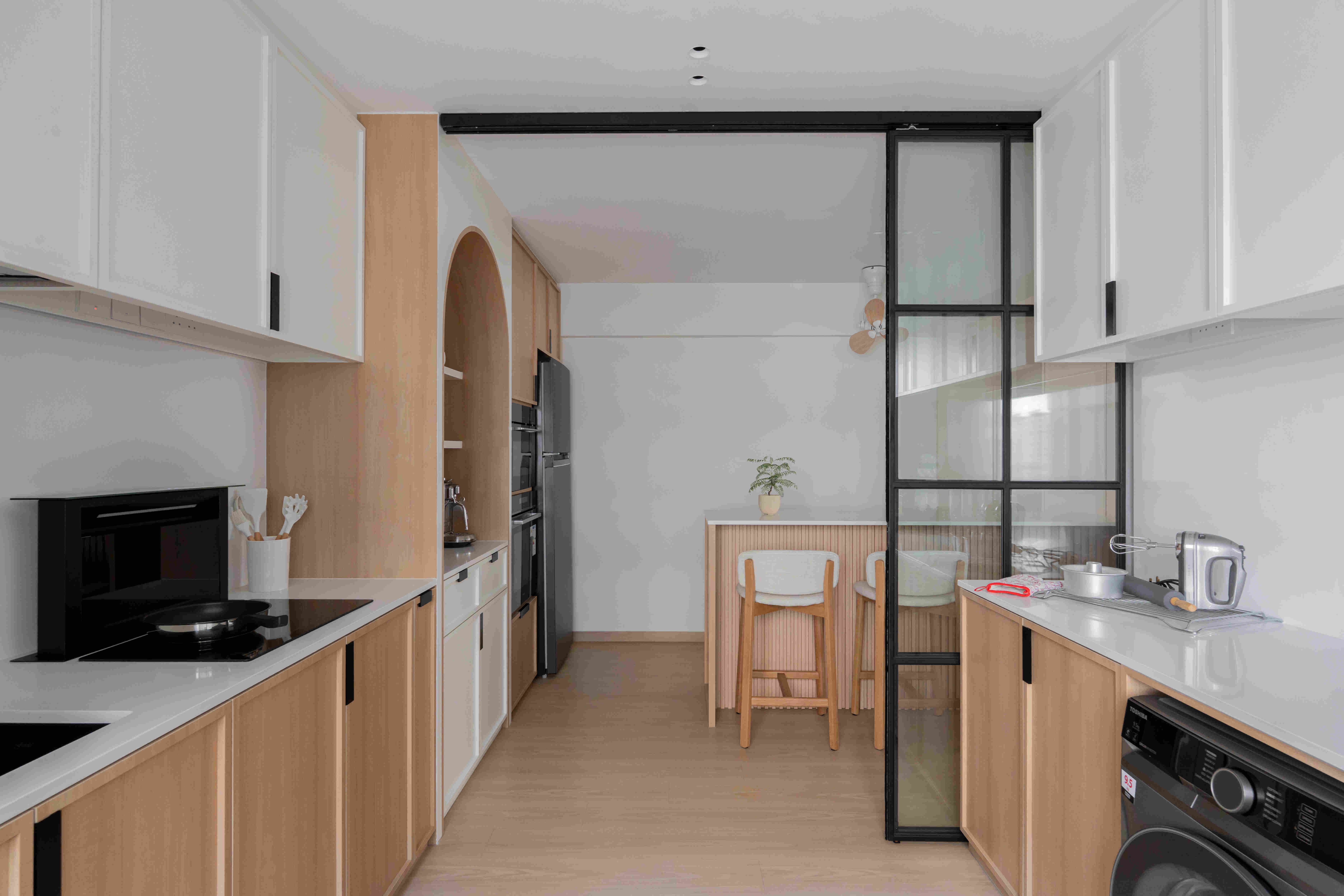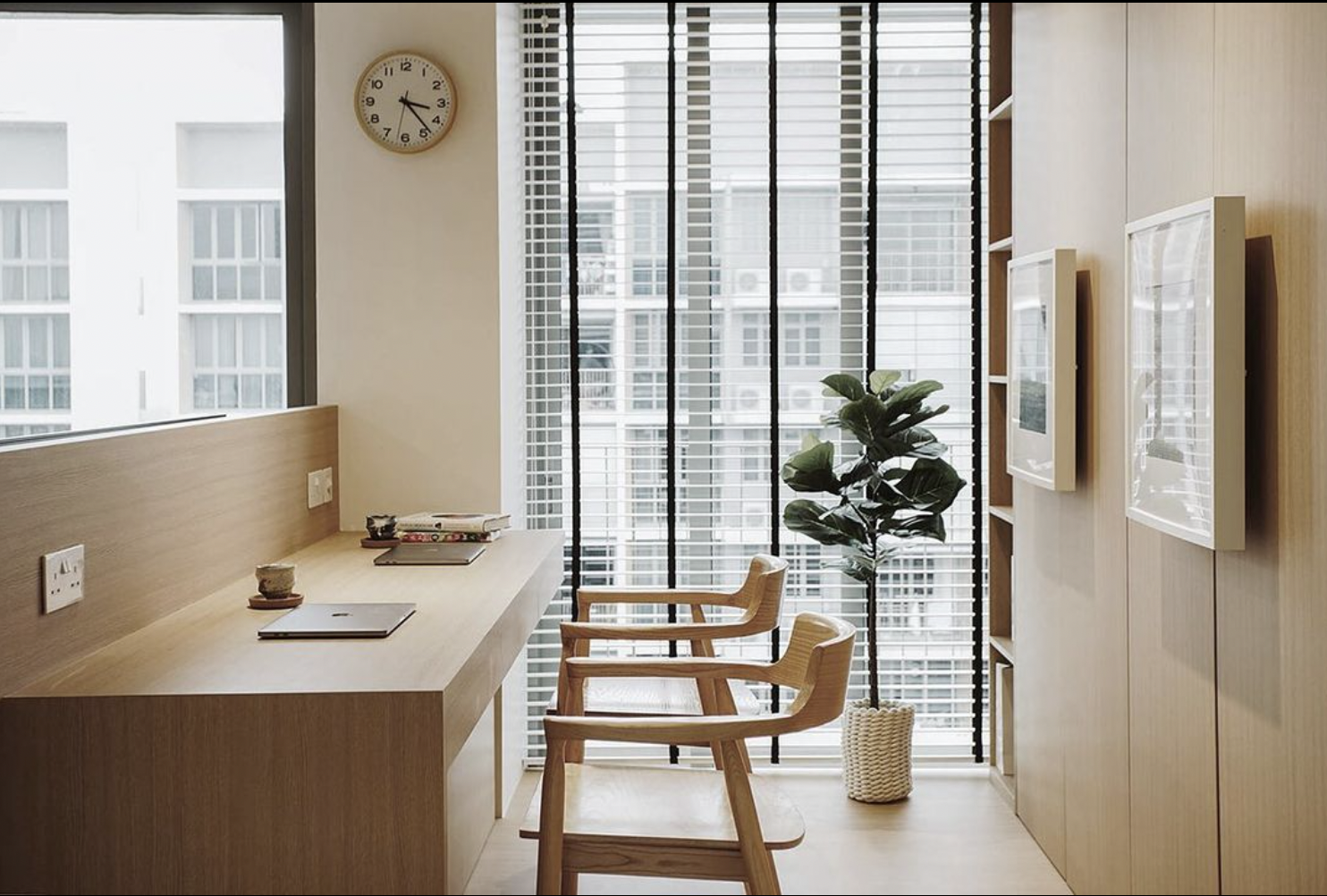The best moments happen in spaces made for living, not just looking. It’s where kids sprawl across the floor with their toys, where dinners turn into heartfelt conversations, and where the quiet chaos of everyday routines weaves together your family’s story. So why settle for a space that doesn’t truly reflect the way you live?
In a world where Pinterest-perfect aesthetics often overshadow practicality, lifestyle design offers a more thoughtful, soulful approach to home-making. It’s about designing with intention—focusing not only on how a space looks, but on how it feels and functions for the people who live in it.
Whether you're building from scratch, renovating a fixer-upper, or simply looking to make your current home better suit your daily rhythm, this guide walks you through the core pillars of great family living. Let’s explore how to future-proof your home by embracing flexibility, functionality, and well-being—each grounded in the principles of lifestyle design.
1. Design with Function in Mind
A family home needs to work hard behind the scenes. It should support your routines, respond to your habits, and create ease. Observe how your family moves through the day. Where do you gather in the mornings? Where do schoolbags land? Let these moments guide your layout, not idealised images of perfect living.
- Open or Closed? Find the Right Balance
Open layouts help families stay connected, especially with young children. But as kids grow, you may need more defined zones for study, work, or quiet time. Instead of choosing one or the other, use furniture, rugs, shelving, or sliding screens to gently create zones without putting up walls.
- Clear Circulation Makes Life Smoother
Avoid bottlenecks. Keep the kitchen flowing during breakfast rush and make sure pathways between rooms feel natural. Simple adjustments like moving furniture or widening doorways can change the energy of a space.
- Build in Activity Zones
Give each family member room to do what they love. A reading nook, homework table, or tucked-away craft corner can become a treasured part of the home’s rhythm.
- Make Storage Easy for Everyone
Accessible storage—under stairs, inside benches, behind doors—helps keep daily clutter at bay. When kids can tidy up on their own, it encourages independence and keeps shared spaces calmer.
- Choose Materials that Can Keep Up
Opt for finishes that are easy to clean and can take a hit. Hardwood, vinyl, durable fabrics, tough upholstery, and washable paint will age with grace
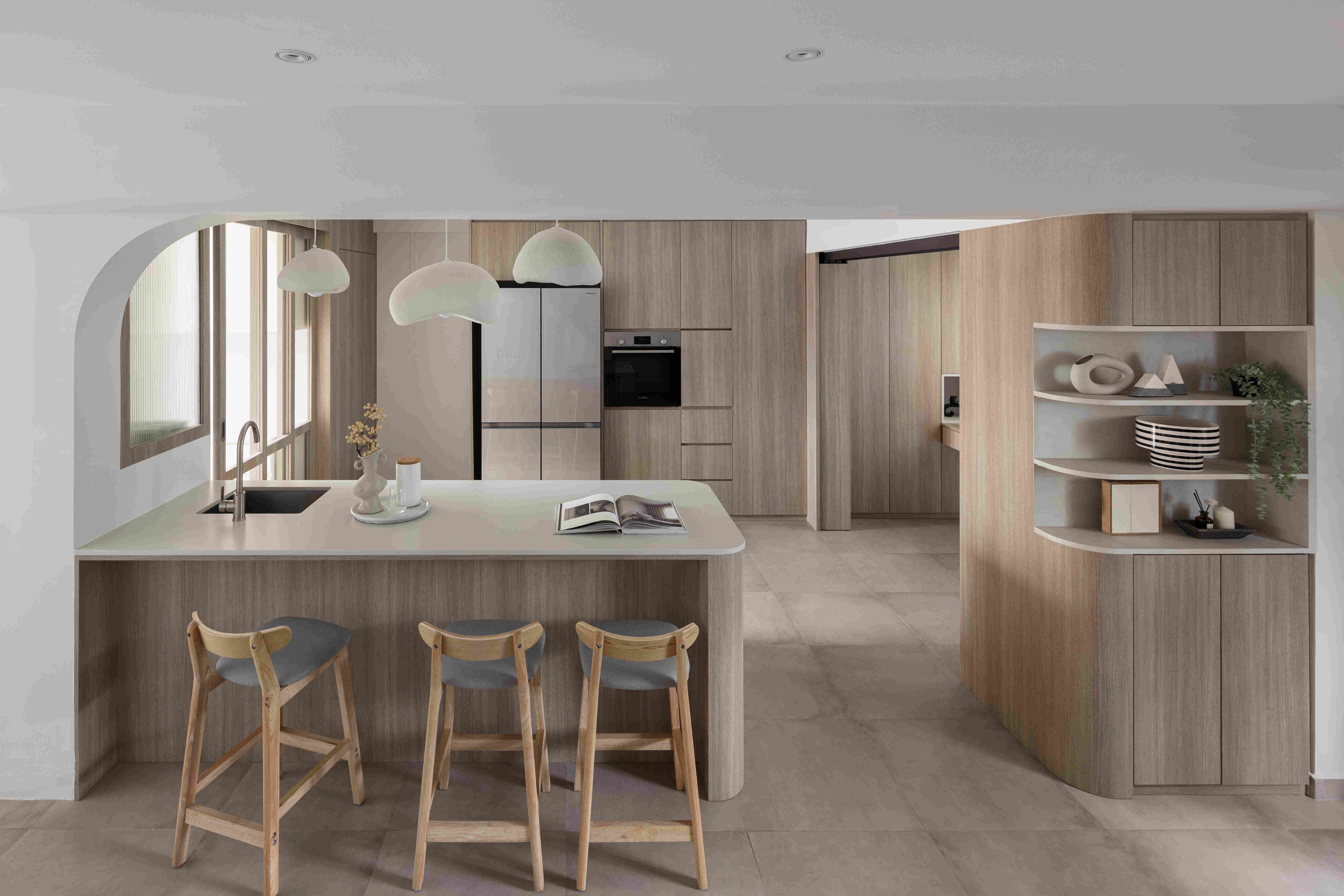
2. Plan for Change, Not Just Today
A family home needs to adapt. Children grow, work setups change, needs shift. Designing with flexibility in mind helps your space keep up.
- Make Rooms Do Double Duty
Think about how a room can evolve. A guest room might be a nursery now and a home office later. It could also double as a creative corner or study. With smart design and thoughtful planning, rooms can serve many purposes over time without a major overhaul.
- Invest in Flexible Furniture
Choose pieces that grow with you. Expandable dining tables, stackable chairs, modular sofas, and beds with drawers all help stretch function without compromising style.
- Layered Lighting for Every Mood
Lighting plays a big role in how a room feels. Mix ambient, task, and accent lights to create a versatile setting. Dimmer switches and warm-toned bulbs help set the right tone at any time of day.
- Keep One Eye on the Future
Leave space in your layout for what’s to come. Maybe that means making room for an extra child, preparing to support ageing parents, or upgrading your home office for long-term hybrid work.
- Adapt with Movable Boundaries
Use sliding doors or movable walls to open or close off spaces as needed. A room can feel private or connected depending on the moment.
- Design for All Ages
Start with safe, low storage and rounded edges. As children grow, let them personalise their space with colour, furniture, and layout that matches their personality. If you’re planning for multiple generations under one roof, features like low shelving, wider doorways, no-step entries, and walk-in showers can make life more comfortable for everyone, whether toddlers or grandparents.
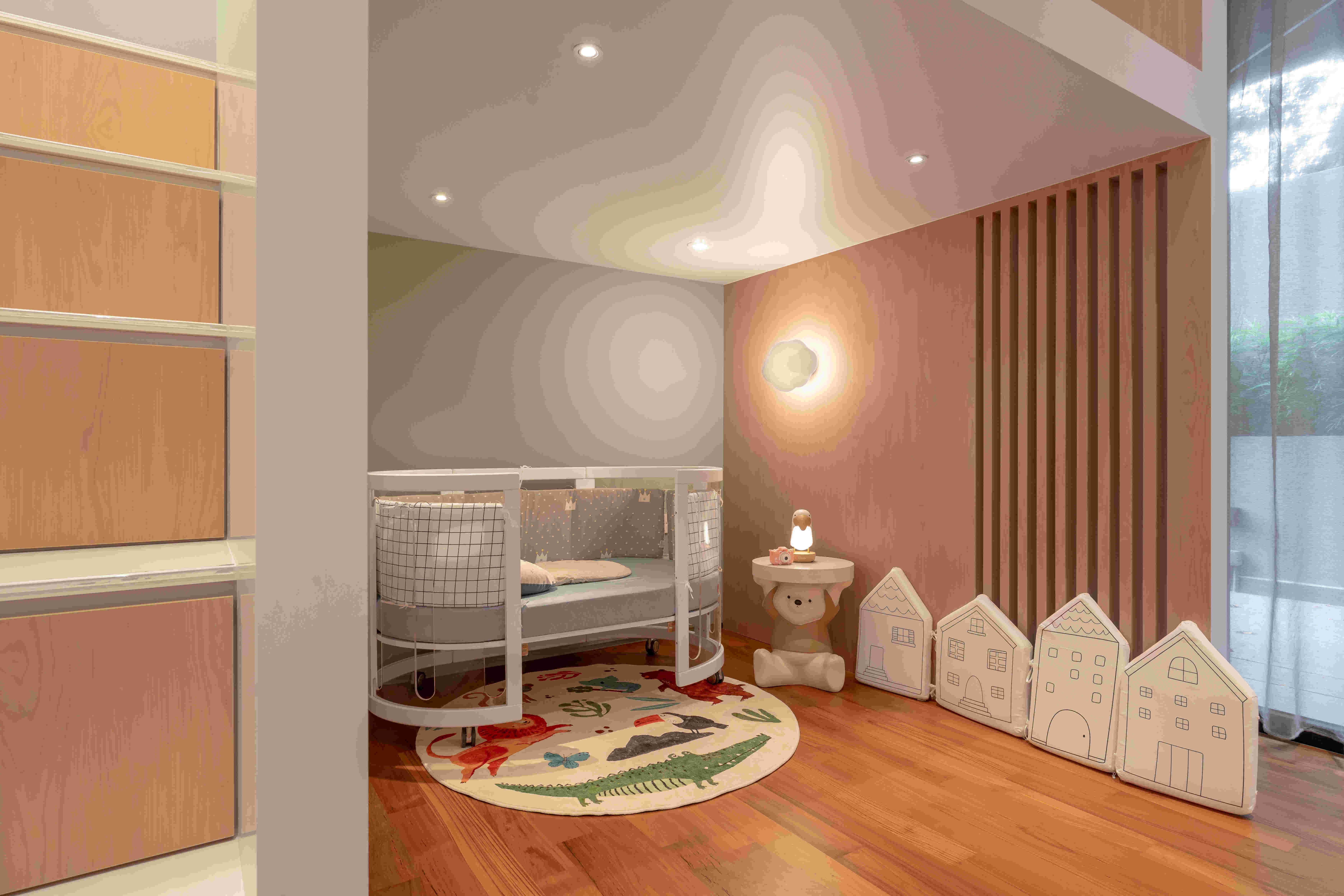
3. Put Your Personality into the Plan
Designing a home isn’t just a practical exercise. It’s a way to tell your family’s story, reflect your values, and surround yourself with what matters.
- Show What Matters Most
Bring in family photos, display heirlooms, or frame your children’s artwork. These touches ring depth and character to your home.
- Create Spaces that Reflect Who You Are
Love cooking? Design a kitchen that supports that joy. Passionate about books or music? Carve out space for your library or instrument wall. Let your interests be seen and shared.
- Let Nature In
Whether through large windows, leafy plants, or natural materials, adding a connection to the outdoors improves mood and focus. If you have the space, consider a patio or balcony for indoor-outdoor flow.
- Spaces that Bring People Together
Design with connection in mind. A round dining table sparks conversation. A shared pinboard in the kitchen keeps everyone in sync. Cosy seating in the living room encourages time together. These are small design choices that nurture big emotional bonds.
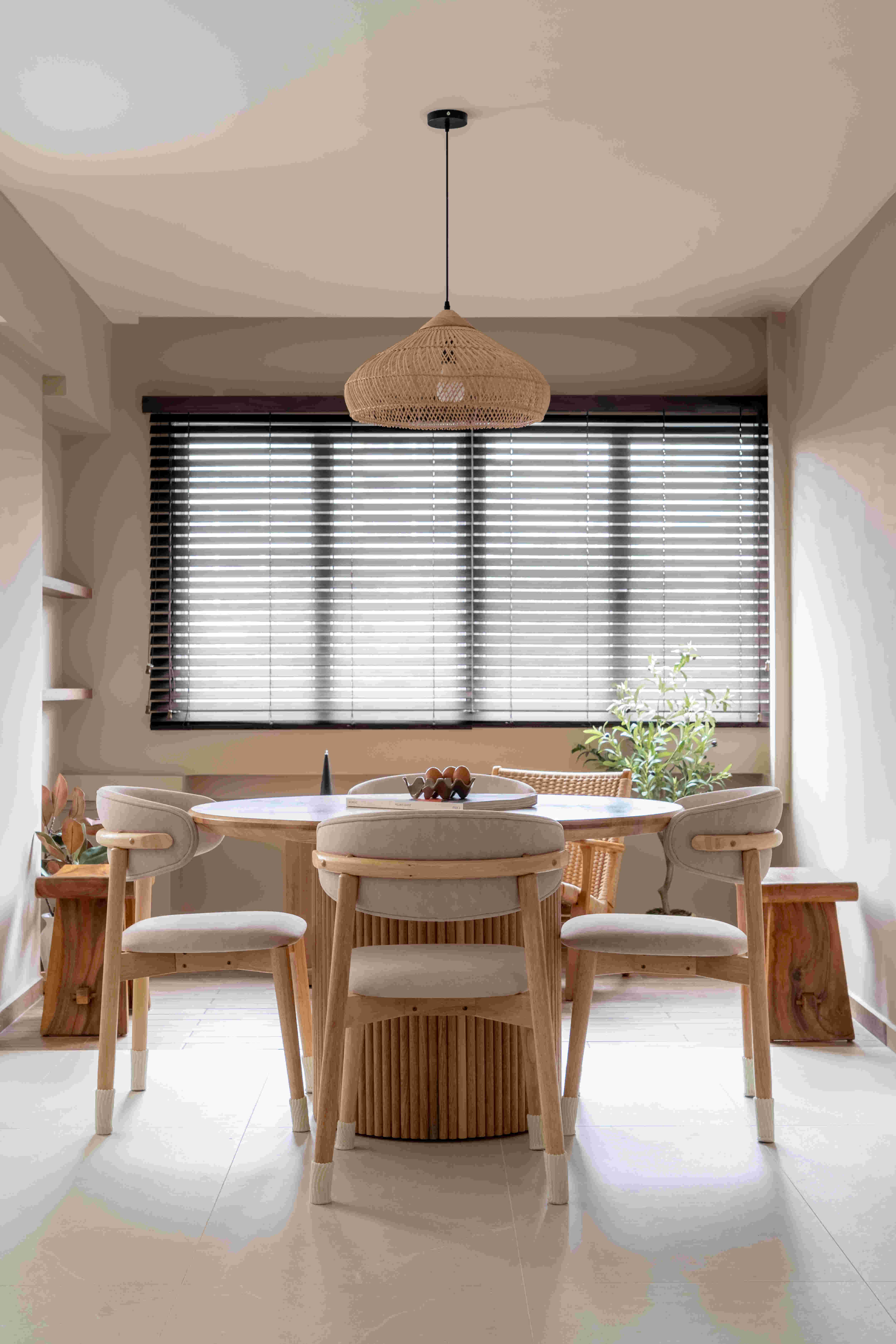
4. Create a Home that Supports Well-Being
The way your home looks matters, but the way it feels affects your health. Design choices have a big impact on your family’s physical, mental, and emotional well-being.
- Prioritise Fresh Air
Good ventilation supports better sleep, clearer thinking, and overall health. Consider ceiling fans, openable windows, and air purifiers to keep air quality high.
- Let the Light In
Daylight boosts mood and helps regulate sleep. Use skylights, mirrors, and thoughtful window placement to maximise brightness throughout your home.
- Encourage Movement
Add space for exercise, yoga, or stretching—even if it’s just a clear corner or a fold-away mat. It’s a subtle but powerful way to support an active lifestyle.
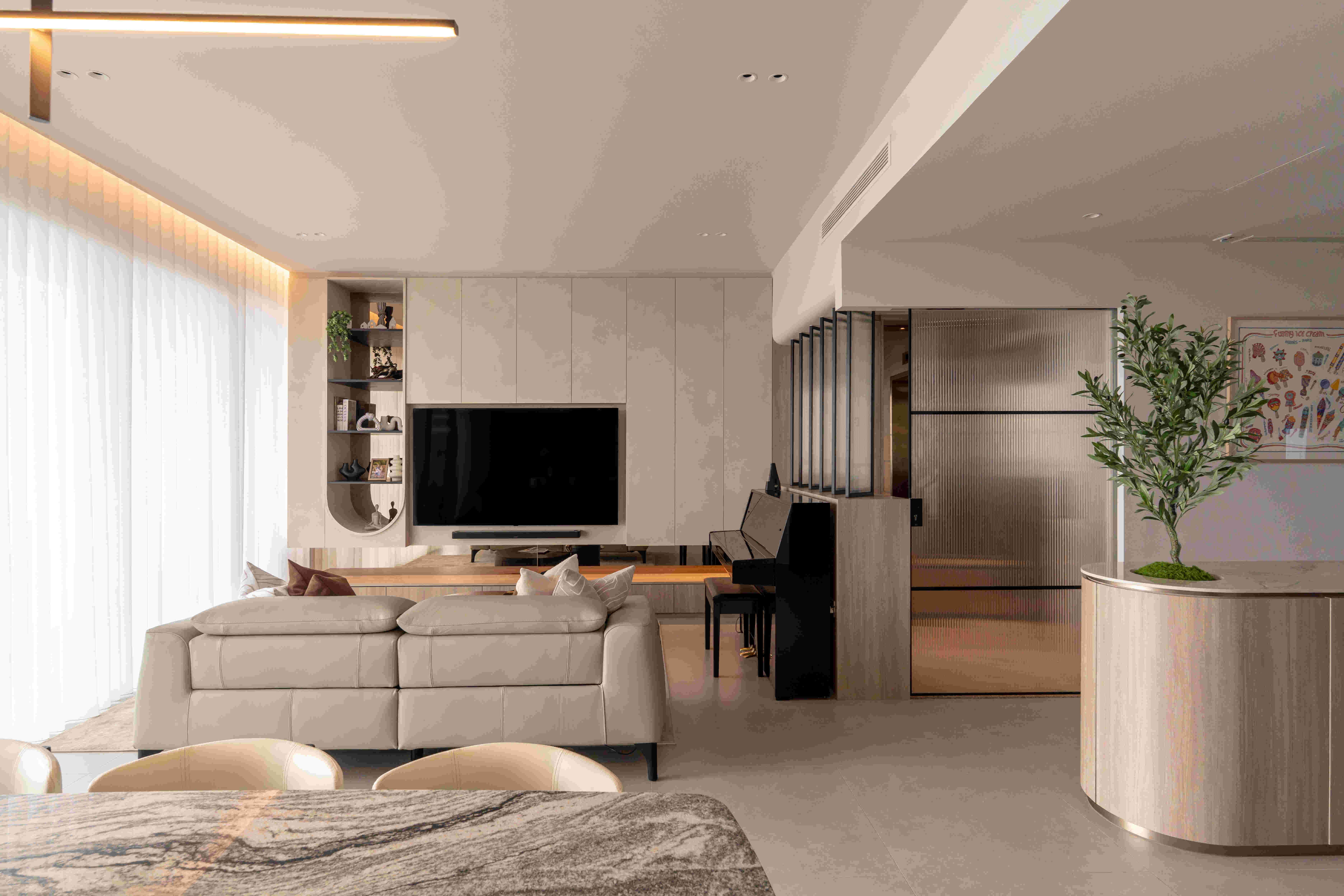
5. Focus on the Spaces That Do the Most Work
Some parts of your home get more traffic than others. Pay extra attention to these practical areas so they support your day-to-day life with ease.
- Entryway is your first and last touchpoint every day. Add storage for shoes, hooks for coats, a bench for ease, and a tray or bowl for essentials like keys. Good lighting and a mirror can make it both practical and inviting.
- The kitchen is the true hub of the home. An island can create space for casual meals, homework, and conversation. Open shelving adds convenience. Add a calendar or message board to keep schedules, notes, and reminders visible for the whole family.
- Shared bathrooms should be efficient. Consider double vanities or a tub-and-shower combo to ease the rush. Good lighting, storage nooks, and ventilation go a long way in making mornings run smoothly.
- Even a small balcony or courtyard can become a retreat. Use greenery, comfortable furniture, and warm lighting to extend your living space outdoors.
We’re not talking about chasing trends or striving for a flawless home. A well-designed space is one that feels right for the life you’re living now and the life you’re growing into.
